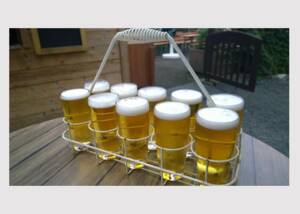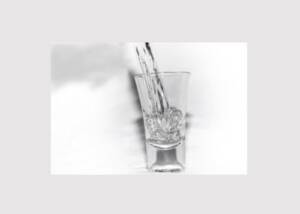German coffee
News News blog
Although coffee is not grown in Germany, it is a favorite drink. But real bean coffee was not at all times available or affordable for everyone.

Arthur Lutze invented the mainly barley-based "health coffee" in the mid-19th century, which was produced under the name "Wittigs Gesundheits-Kaffee" (Wittig's health coffee). During the period of National Socialism (1933-1945), the term coffee surrogate extract was created, this product was administered by the state.
In the post-war German period, bean coffee continued to be in short supply. Therefore, "German coffee" was found on the beverage menu in restaurants, this was a euphemism for substitute coffee. The market leader at the time was "Linde's Kaffee-Ersatz-Mischung," followed by "Kathreiner Malzkaffee". In 1954, Caro coffee, still available today and made from barley, malt, chicory and rye, was the first instant coffee substitute to be launched in Germany, partially displacing the non-soluble products.










